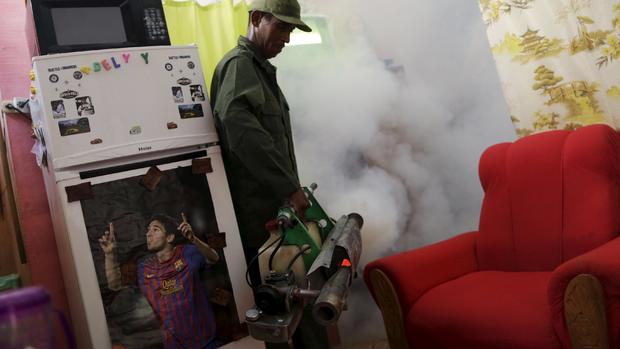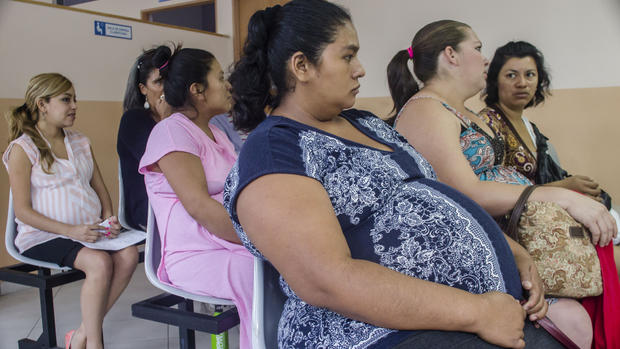U.S. warns of Zika risk in Cuba ahead of Obama's trip
WASHINGTON -- The United States is warning of the risk of Zika virus in Cuba just as President Obama heads to the country.
The Centers for Disease Control and Prevention says it's adding Cuba to its travel notice for Zika. The notice warns travelers they are at risk of contracting the virus.
Zika is spread though bites from a specific mosquito and is believed to carry particular risk for birth defects. The CDC advises pregnant women not to travel to places with Zika.
Mr. Obama heads to Cuba on Sunday on a three-day trip. It's the first trip to the country by a sitting U.S. president in nearly 90 years.
The Obama administration says the virus hasn't been a factor in the president's travel decisions and isn't expected to be in the future.
On Tuesday, Cuban officials announced that they have detected the first case of Zika transmitted inside the country, ending Cuba's status as one of the last nations in the hemisphere without domestic cases of the disease that has been linked to birth defects.
State media said a 21-year-old Havana woman who had not traveled outside Cuba was diagnosed with the virus after suffering headaches, fatigue and other symptoms. On Monday, her blood tested positive for Zika. She remains hospitalized.
Cuba had previously reported a handful of cases of the disease in people who had traveled to countries with outbreaks of the mosquito-borne virus, particularly Venezuela, and appeared to have contracted it there.
Brazil has been hardest hit by the outbreak, with nearly 6,500 reported cases of babies born with shrunken heads, a rare condition known as microcephaly.
Meanwhile, new research estimates that 50 U.S. cities may be at risk for potential Zika virus outbreaks, but experts say there's no need to panic. The living habits of Americans will keep outbreaks of the virus smaller than those in Latin America, mosquito scientists and global health experts predict.
The most at risk are cities in the southeast, especially Florida; up the East Coast as far north as New York City; and a swath across the south stretching as far west as Phoenix and Los Angeles, according to the National Center for Atmospheric Research (NCAR), in Boulder, Colorado.

